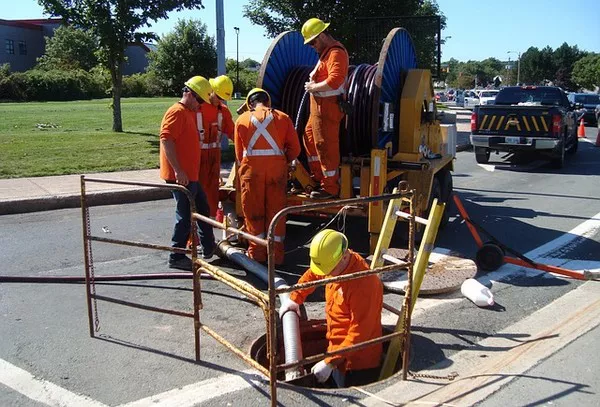Sewer systems play a critical role in maintaining public health and environmental well-being by carrying away waste and wastewater from residential and commercial areas. Unfortunately, sewer leaks can occasionally occur, releasing foul-smelling odors into the surrounding environment. Understanding what a sewer leak smells like is crucial for early detection and prompt remediation. This article delves into the characteristics and causes of sewer odors, the potential health risks, and essential steps to address such issues effectively.
Identifying the Aroma of Sewer Leaks
The odor of a sewer leak is unmistakable, and it can be described as a pungent combination of rotten eggs, decaying matter, and sewage. Common descriptors include foul, acrid, and offensive. This characteristic smell is primarily due to the presence of hydrogen sulfide (H2S) gas, which is commonly referred to as sewer gas. Additionally, methane, ammonia, and various organic compounds contribute to the unpleasant aroma.
Causes of Sewer Odors
Several factors can lead to sewer leaks and the subsequent release of noxious odors:
Damaged Pipes: Cracked, broken, or corroded sewer pipes can allow the escape of sewage and its odor into the surrounding soil or atmosphere.
Blockages: Accumulation of grease, debris, tree roots, or other foreign objects can obstruct sewer lines, leading to backflows and leaks.
Inadequate Ventilation: Poor ventilation within the sewer system can trap gases, causing pressure buildup and eventual leaks.
Infrastructure Age: Aging sewer infrastructure is more prone to deterioration, leading to potential leaks and associated odors.
Weather Conditions: Heavy rains or flooding can infiltrate sewer systems, overwhelming them and causing leaks and foul smells.
Health Implications of Sewer Odors
Beyond the unpleasantness of the smell itself, sewer odors can pose health risks to individuals exposed to them:
Respiratory Irritation: Inhalation of sewer gas can cause respiratory irritation, leading to symptoms like coughing, wheezing, and shortness of breath.
Gastrointestinal Distress: Exposure to sewer odors may induce nausea, vomiting, and diarrhea in some people.
Headaches and Dizziness: Prolonged exposure to sewer odors can trigger headaches, dizziness, and fatigue.
Allergic Reactions: Some individuals may experience allergic reactions to specific compounds present in sewer gas.
Early Detection and Prevention
Detecting sewer leaks and addressing them promptly is crucial to mitigate health risks and prevent further damage. Here are some steps to help identify and prevent sewer leaks:
Routine Inspections: Regular inspections of sewer systems by professionals can help identify potential issues before they escalate into major problems.
Public Awareness: Educate the public about the signs of sewer leaks, encouraging them to report any suspicious smells to local authorities.
Prompt Repairs: Municipalities and property owners must address sewer system issues quickly to prevent further damage and health risks.
Implementing Sewer Gas Traps: Installing sewer gas traps or check valves can help prevent odors from entering buildings.
Proper Waste Disposal: Properly disposing of grease, oils, and solid waste reduces the likelihood of blockages and leaks.
Upgrading Infrastructure: Investing in modern and resilient sewer infrastructure can reduce the risk of leaks and prolong the system’s lifespan.
Conclusion
The unmistakable odor of a sewer leak, characterized by the pungent mix of rotten eggs and sewage, is a clear sign of potential issues in the sewer system. Addressing sewer leaks promptly is essential to mitigate health risks and prevent further environmental damage. Routine inspections, public awareness, and timely repairs are key to ensuring a well-functioning and odor-free sewer system. Moreover, implementing preventive measures such as sewer gas traps and proper waste disposal practices can further enhance the overall efficiency and safety of the sewer infrastructure. By understanding what a sewer leak smells like and taking necessary actions, we can maintain a healthy and hygienic environment for all.

